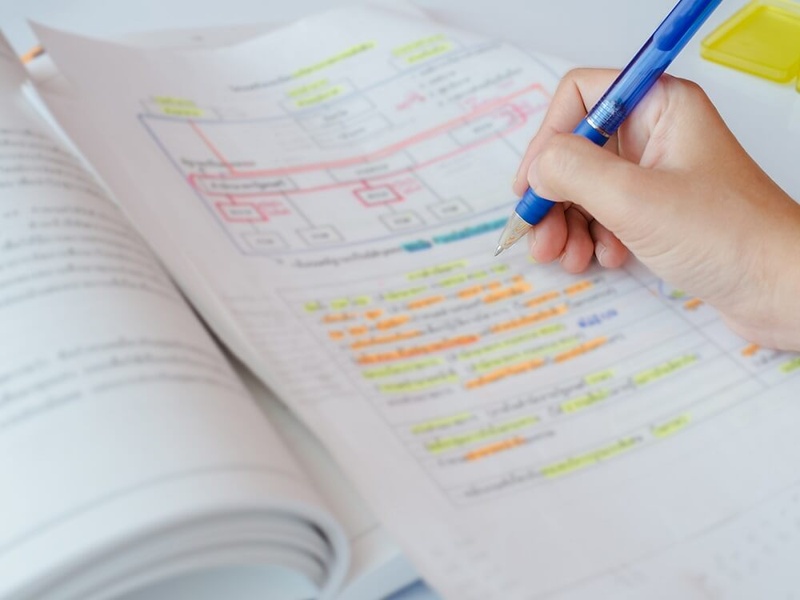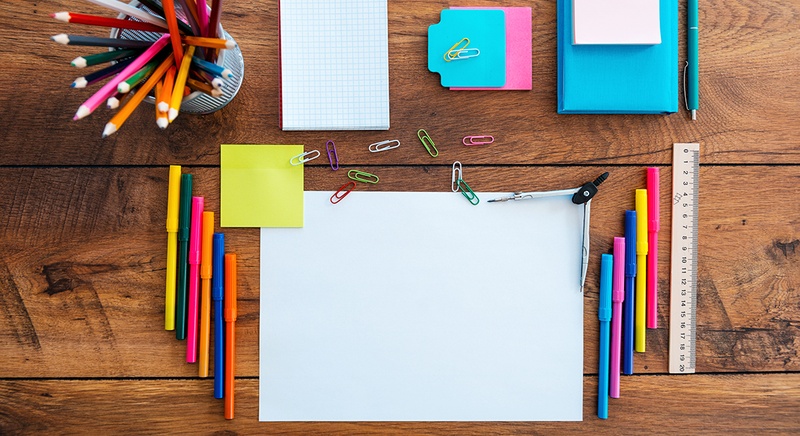StudySkills@TheLibrary
Education is a team effort. Teachers, parents/ carers and students all want the students to achieve their best results.
Below are some of the common questions parents ask regarding their child’s study preparation.

create effective study habits
Should you type or handwrite study notes?
If the exam will be handwritten, students are better to handwrite study notes. This creates muscle memory and helps student practice their handwriting skills. However, many students prefer to type their study notes as it is so much easier to organise the information. If students choose to type, when they are learning their notes they need to read a section, see what they can write down without looking then check and see if they were correct. This will help them practise their handwriting skills whilst committing the information to memory.
My child doesn’t seem to know how to study. What should they be doing?
Many students believe that studying for a test means reading their notes over and over. This is however, the slowest and most ineffective method of studying. Effective studying involves three steps.The first is making study notes or summaries on what they have been learning. The second is to learn the notes by testing themselves over and over on the information to be retained. The last step is to do as much practice as possible – the wider the range of questions they can do, preferably under time constraints, the better they will be prepared. Remember that we all learn in different ways so there is scope to allow students to use techniques that suit their individual learning style, such as recording notes to listen to.
How can students get more organised?
The first step is to identify which area of organisation you want to target. Books, computer files, locker, diary, desk, folders…the list is endless. There is no point telling a student ‘you need to be more organised’. Instead, identify an area where there could be improvement. Then, with your child, work out specific strategies to implement in order to address this issue. Once this issue is under control, then move onto the next problem.
What time should students go to bed?
Although it varies, most students need at least eight hours of sleep each night. Therefore, work backwards, allow an hour or so for students to get ready for bed and fall asleep, then work backwards to the time they need to get up for school. Have students pay attention to how they feel in the morning – they may need less or more sleep than the average.
How can I get my student motivated to do their work?
There is no quick or easy fix for lack of motivation. There are quite a number of strategies to try, but they all take time and effort and persistence.
The College Library
